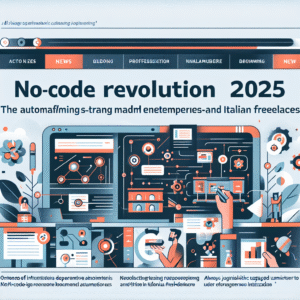It’s an aspect of AI that non-experts don’t even suspect: Artificial Intelligence is monstrously hungry for energy, to the point of having brought the US internet to the brink of collapse.
The projected increase in energy demand, driven by the spread of artificial intelligence and industries such as data centers, semiconductor factories and electric vehicles, is putting pressure on the U.S. power grid. This growing demand for energy could lead to severe shortages in many areas of the country, prompting utilities and local governments to look for ways to shore up the nation's often aging energy infrastructure.
Several states, including Georgia and Arizona, are projected to see exponential increases in energy demand over the next decade, potentially overwhelming current power transmission capacity. Northern Virginia is also facing the need to significantly increase power generation to accommodate new data center projects under development.
The rise of artificial intelligence has led to the construction of large data centers and semiconductor manufacturing plants, while crypto-mining has further increased pressure on the power grid. This raises questions about who should bear the costs of the investments needed to ensure an adequate energy supply: taxpayers or companies that increasingly require energy?
The transition to cleaner energy sources is threatened by rising energy demand, with utility executives pushing to keep fossil fuel plants running rather than retiring them. Rising energy consumption is delaying the closure of coal plants in several states.
According to the International Energy Agency, U.S. data centers will already consume more than 4% of total electricity in 2022, and this percentage is expected to reach 6% by 2026. This increase in energy consumption is expected to outpace more stable residential and commercial consumption thanks to energy efficiency.
Large companies are looking for areas with good energy infrastructure to meet their needs, causing land prices in these areas to rise.
In Georgia, Georgia Power has singled out data centers as the primary cause of the state’s power grid problems, prompting policymakers to consider reducing incentives to lure new technology firms to the state.
The challenge is complex: on the one hand there is the technological race supported by programs such as the CHIPS Act to keep the US competitive globally; on the other hand there are emerging challenges that require rapid solutions.
Companies like Microsoft are looking at nuclear power as a possible solution to the energy crisis. Big tech companies are looking at ways to use artificial intelligence to optimize the efficiency of the electric grid.
The federal government and states face a huge challenge: supporting the transition to clean energy sources while balancing the growing energy demands generated by investments in new technologies.







